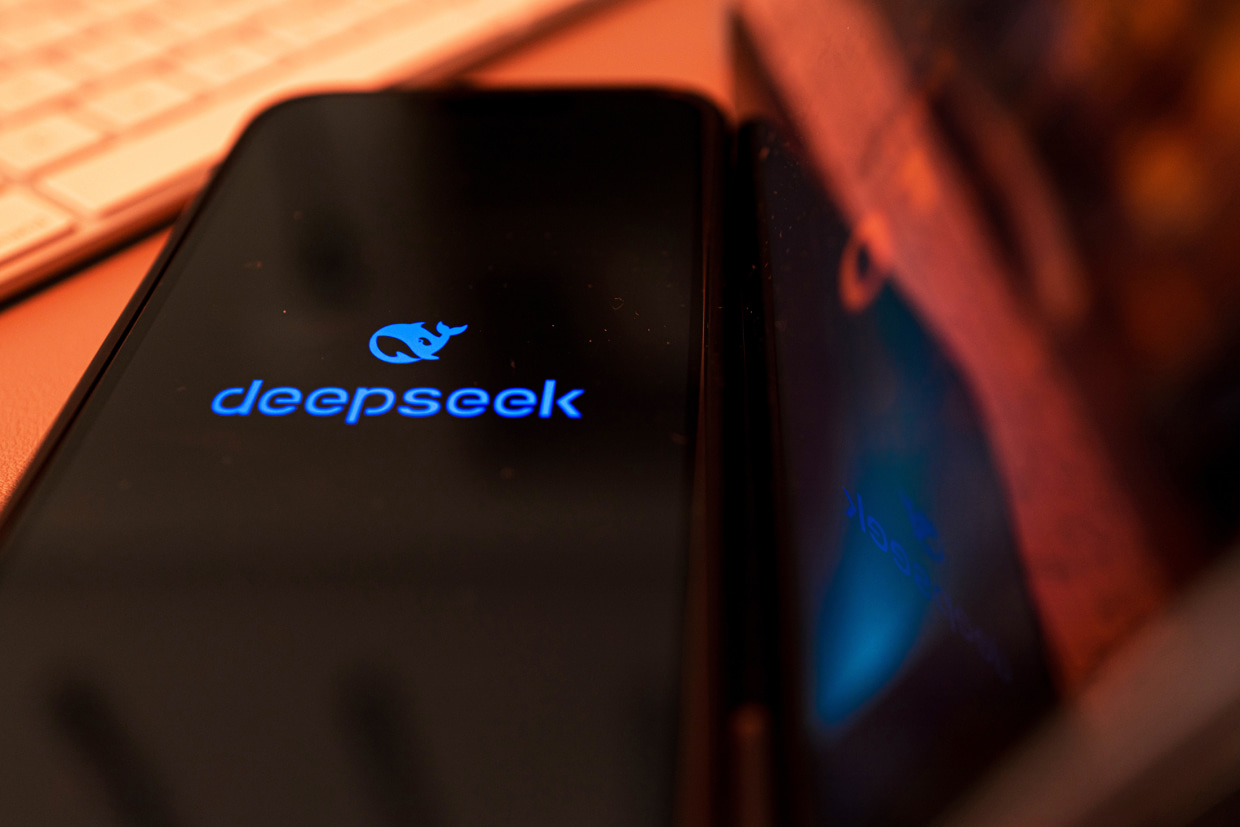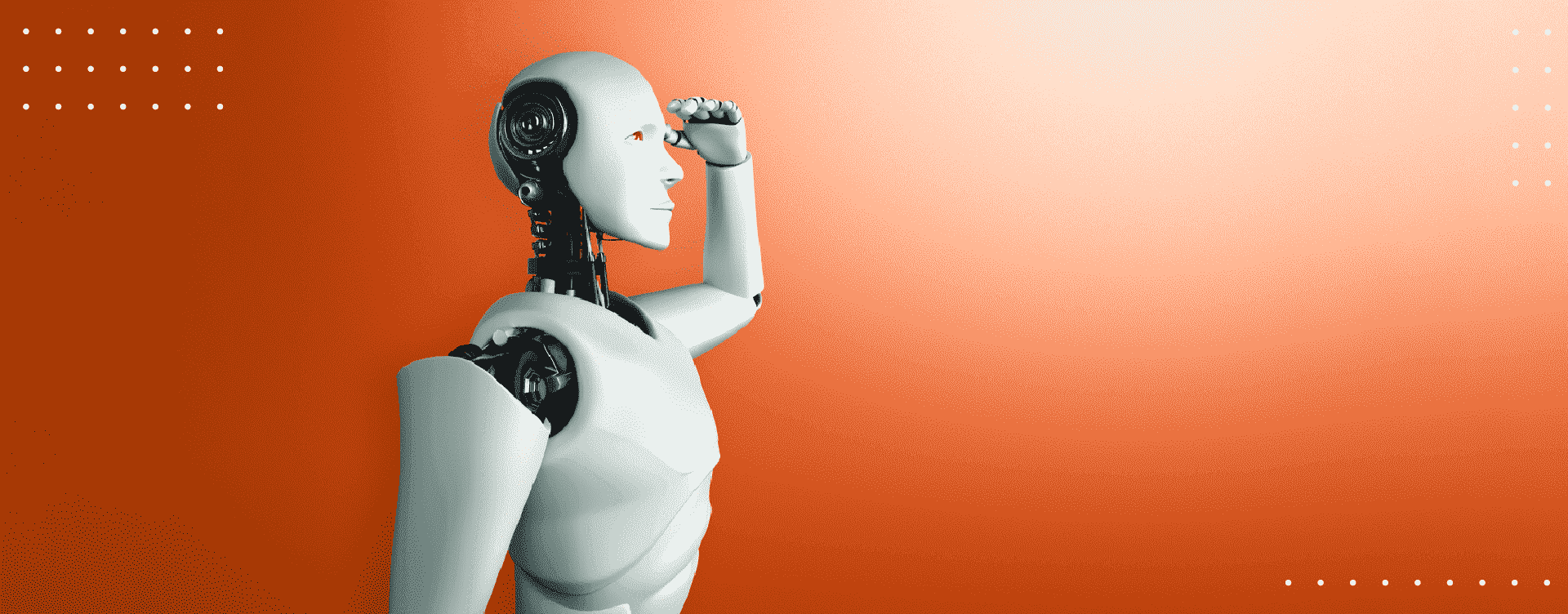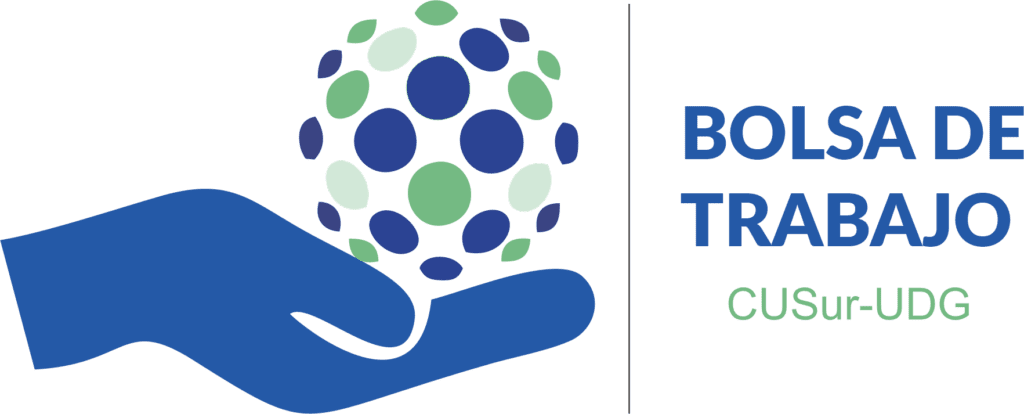
Goatwu
FollowOverview
-
Founded Date octubre 15, 2023
-
Sectors Trabajo Social
-
Posted Jobs 0
-
Viewed 42
Company Description
Nigerian Students Turn to aI For Tests Answers, Lecturers Raise Alarm

Artificial Intelligence (AI) is changing education while making discovering more available however also stimulating debates on its effect.

While students hail AI tools like ChatGPT for enhancing their learning experience, lecturers are raising issues about the growing dependence on AI, which they argue fosters laziness and weakens academic stability, especially with lots of students unable to defend their projects or provided works.
Prof. Isaac Nwaogwugwu, a speaker at the University of Lagos, in an interview with Nairametrics, expressed frustration over the growing reliance on AI-generated actions among trainees recounting a recent experience he had.
RelatedStories
Avoid sharing individual information that can identify you with AI tools- Expert cautions
Chinese AI app DeepSeek triggers worldwide tech selloff, challenges U.S. AI dominance
“I gave a task to my MBA students, and out of over 100 trainees, about 40% submitted the specific same answers. These trainees did not even understand each other, however they all utilized the exact same AI tool to produce their reactions,” he stated.
He noted that this pattern is prevalent amongst both undergraduate and postgraduate students but is especially concerning in part-time and distance learning programs.
“AI is a major challenge when it comes to projects. Many trainees no longer believe critically-they just go online, generate answers, and send,” he included.
Surprisingly, some lecturers are also implicated of over-relying on AI, setting a cycle where both educators and trainees turn to AI for convenience rather than intellectual rigor.
This dispute raises crucial concerns about the role of AI in scholastic stability and student advancement.
According to a UNESCO report, while ChatGPT reached 100 million regular monthly active users in January 2023, only one nation had released policies on generative AI as of July 2023.
Since December 2024, ChatGPT had over 300 million individuals using the AI chatbot weekly and 1 billion messages sent every day worldwide.
University lecturers are progressively worried about students sending AI-generated tasks without genuinely understanding the content.
Dr. Felix Echekoba, timeoftheworld.date a speaker at Nnamdi Azikiwe University, revealed his concerns to Nairametrics about trainees significantly relying on ChatGPT, online-learning-initiative.org only to battle with addressing standard questions when evaluated.
“Many students copy from ChatGPT and send refined tasks, however when asked fundamental concerns, they go blank. It’s frustrating because education has to do with discovering, not just passing courses,” he said.
– Prof. Nwaogwugwu explained that the increasing variety of superior graduates can not be totally attributed to AI but confessed that even high-performing students use these tools.
“A first-class trainee is a first-rate student, AI or not, but that doesn’t indicate they don’t cheat. The advantages of AI might be peripheral, but it is making trainees dependent and less analytical,” he said.
– Another lecturer, Dr. Ereke, from Ebonyi State University, raised a various concern that some speakers themselves are guilty of the very same practice.
“It’s not just students using AI slackly. Some lecturers, out of their own laziness, generate lesson notes, course details, marking plans, and even test questions with AI without evaluating them. Students in turn use AI to produce answers. It’s a cycle of laziness and it is killing real knowing,” he lamented.
Students’ point of views on use
Students, forum.altaycoins.com on the other hand, say AI has enhanced their knowing experience by making scholastic products more reasonable and available.
– Eniola Arowosafe, a 300-level Business Administration student at Unilag, shared how AI has significantly assisted her learning by breaking down complex terms and providing summaries of prolonged texts.
“AI helped me understand things more easily, especially when dealing with complicated topics,” she explained.
However, she remembered an instance when she utilized AI to send her task, only for her speaker to right away acknowledge that it was created by ChatGPT and decline it. Eniola kept in mind that it was a good-bad effect.
– Bryan Okwuba, who just recently graduated with a first-rate degree in Pharmacy Technology from the University of Lagos, firmly thinks that his scholastic success wasn’t due to any AI tool. He attributes his exceptional grades to actively appealing by asking concerns and concentrating on areas that lecturers highlight in class, as they are often shown in exam concerns.
“It’s everything about existing, focusing, and taking advantage of the wealth of knowledge shared by my colleagues,” he stated,
– Tunde Awoshita, a final-year marketing trainee at UNIZIK, confesses to occasionally copying directly from ChatGPT when dealing with numerous deadlines.
“To be sincere, there are times I copy directly from ChatGPT when I have numerous due dates, and I know I’m guilty of that, many times the speakers don’t get to review them, however AI has actually likewise helped me find out much faster.”
Balancing AI‘s function in education
Experts believe the service lies in AI literacy; mentor asteroidsathome.net trainees and lecturers how to utilize AI as a knowing aid instead of a faster way.
– Minister of Education, Dr. Tunji Alausa, highlighted the combination of AI into Nigeria’s education system, stressing the importance of a well balanced method that maintains human involvement while utilizing AI to improve discovering results.
“As we browse the quickly developing landscape of Expert system (AI), it is crucial that we prioritise human agency in education. We must ensure that AI improves, rather than replaces, educators’ crucial role in forming young minds,” he stated
Dorcas Akintade, a cybersecurity improvement professional, dealt with growing concerns concerning using expert system (AI) tools such as ChatGPT and their prospective dangers to the academic system.
– She acknowledged the advantages of AI, nevertheless, stressed the need for care in its use.
– Akintade highlighted the increasing hesitance amongst teachers and schools toward incorporating AI tools in finding out environments. She recognized two primary factors why AI tools are dissuaded in academic settings: security risks and plagiarism. She described that AI tools like ChatGPT are trained to react based upon user interactions, which may not align with the expectations of teachers.
“It is not looking at it as a tutor,” Akintade stated, explaining that AI doesn’t accommodate specific teaching techniques.
Plagiarism is another issue, as AI pulls from existing information, typically without proper attribution
“A great deal of people need to comprehend, like I stated, this is information that has actually been trained on. It is not simply bringing things out from the sky. It’s bringing details that some other individuals are fed into it, which in essence implies that is another individual’s documents,” she cautioned.
– Additionally, Akintade highlighted an early problem in AI advancement referred to as “hallucination,” where AI tools would produce information that was not accurate.
“Hallucination implied that it was bringing out information from the air. If ChatGPT might not get that details from you, it was going to make one up,” she discussed.
She suggested “grounding” AI by offering it with specific info to avoid such errors.
Navigating AI in Education
Akintade argued that banning AI tools outright is not the solution, particularly when AI provides an opportunity to leapfrog standard instructional approaches.
– She thinks that regularly enhancing essential details assists individuals keep in mind and avoid making mistakes when faced with difficulties.
“Immersion brings conversion. When you tell people the exact same thing over and over once again, when they are about to make the errors, then they’ll remember.”
She also empasized the need for clear policies and treatments within schools, noting that lots of schools should resolve the people and of this use.
– Prof. Nwaogwugwu has actually turned to in-class projects and tests to counter AI-driven academic dishonesty.
“Now, I mainly utilize assignments to ensure students provide original work.” However, he acknowledged that managing big classes makes this technique difficult.
“If you set complicated questions, trainees won’t have the ability to utilize AI to get direct answers,” he explained.

He emphasized the need for universities to train speakers on crafting exam questions that AI can not quickly resolve while acknowledging that some speakers struggle to counter AI misuse due to a lack of technological awareness. “Some speakers are analogue,” he said.
– Nigeria launched a draft National AI Strategy in August 2024, focusing on ethical AI advancement with fairness, openness, responsibility, and privacy at its core.
– UNESCO in a report calls for the regulation of AI in education, recommending institutions to investigate algorithms, information, and outputs of generative AI tools to guarantee they satisfy ethical standards, protect user data, and filter inappropriate material.
– It worries the requirement to examine the long-lasting effect of AI on crucial abilities like thinking and creativity while developing policies that align with ethical frameworks. Additionally, UNESCO advises executing age constraints for GenAI usage to protect younger students and secure susceptible groups.
– For governments, it encouraged adopting a coordinated national method to regulating GenAI, including developing oversight bodies and lining up policies with existing data protection and personal privacy laws. It highlights evaluating AI dangers, enforcing more stringent guidelines for high-risk applications, and guaranteeing national data ownership.
